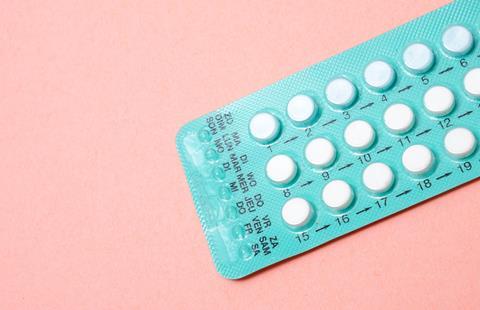Your health questions answered by our resident GP, Dr Olúṣẹ̀yẹ Àríkàwé

Q: I am a virgin but keep getting invites to have a smear test – do I need to have one as I’m not sexually active?
All women aged 25 to 64 will be invited to have a cervical screening test in the UK. If you have not had any sexual contact, you can decide not to have cervical screening because your risk of cervical cancer is minimal.
Anyone with a cervix and who has had sexual contact with a man or a woman is at risk of cervical cancer.
Cervical screening (cervical smear test) is one of the best ways to protect against cervical cancer. Almost all cases of cervical cancers are caused by infection with certain types of human papillomavirus (HPV), known as high-risk HPV. High-risk HPV infection is transmitted through any form of sexual contact, including touching and using sex toys. High-risk HPV can cause changes to the cells of the cervix, and sometimes these changes can turn into cervical cancer.
In younger women , the changes to cells of the cervix can go back to normal without treatment and, in most cases, our body immune system can get rid of the HPV before it causes changes to our cervix.
Cervical screening checks for high-risk HPV and, if this is detected, further tests will be done to check for abnormal cells. If abnormal cells are detected, they will be treated before they get the chance to turn into cervical cancer.
Q: What would you advise to help with heavy periods? I’m reluctant to take the pill because I’m worried about side effects.
The treatment options for heavy periods will be dependent on the cause. If you are unsure of the cause of your bleeding, visit your GP who will investigate to find out the cause of your heavy bleeding.
Taking birth control pills is one of the many treatment options for heavy periods. If you have side effects to a particular one, your GP will be able to change you to a different pill.
There are two broad types of birth control pills – the progesterone-only pill (also known as the mini-pill ) and the combined pill, which contains both oestrogen and progestogen.
The combined pill has different combinations of oestrogens and progestogens. Usually, if the side effects you are experiencing are due to the oestrogen component, you can be changed to a combined pill with a lower dose of oestrogen. If the side effects are due to the progestogens, you can be changed to a combined pill with a different type of progestogens. The combined pills with less androgenic progestogens are better tolerated than those with more androgenic progestogens. Your GP will be able to offer you an appropriate pill based on your symptoms.
If you have certain medical conditions, you may not be able to take the combined pill, but your GP will be able to offer you an appropriate alternative. You may be able to have the mini-pill or a hormonal coil, such as Mirena intrauterine system (Mirena IUS).
Mirena IUS is highly effective for heavy periods. Most women who have a Mirena IUS fitted will not get any period for the duration of use. Some women may get irregular bleeding in the first few months of fitting, but this settles down to either regular and light bleeding or no period at all. For some women, having a Mirena IUS fitted has helped them to avoid having a hysterectomy (the removal of the womb).
Mirena IUS fitting is a simple procedure and can be done in a GP surgery or at the local family planning clinic. The coil can last for five years. If fitted after the age of 45 years it can be left until menopause, unless it is used as part of hormone replacement therapy during menopause, which means it will need to be changed every five years.
The non-hormonal options for treating heavy periods include the use of mefenamic acid and tranexamic acid medications. These can be obtained from your GP.
If medications fail to control your heavy period, your GP may be able to refer you to gynaecologists for a procedure to burn the lining of the womb, which is called endometrial ablation.
There are many options available for the treatment of heavy periods, and your GP will be able to assess and offer you the most appropriate treatment option.
GOT A QUESTION?
If you have something you would like to ask the doctor, please email womanalive@premier.org.uk
All questions will be shared anonymously.





























